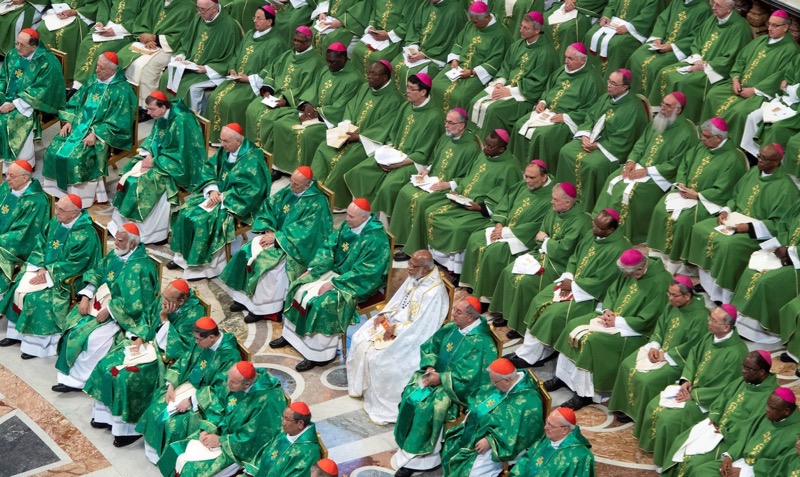Is there a danger that the Catholic Church’s progress towards internal reform, initiated by Pope Francis under the heading of “synodality”, could stall? It has certainly been greeted with varying degrees of enthusiasm. Synodality must be rescued from any perception that it is reform for reform’s sake, with no higher purpose. There is also a perception in some quarters that virtually all the serious problems encountered by the Church in the modern world have already been dealt with, mainly under the papacy of Pope John Paul II, and there is little left for any new machinery of government to do.
This is not the view taken by the man in charge of the synodal process, Cardinal Mario Grech, secretary general of the Synod office in Rome. Speaking in Oxford last week, he called for an end to the “culture of silence” which has inhibited Catholics from speaking their minds. “The clearest example which comes to everyone’s mind,” he said, “is the sexual abuse crisis that the Church went through and is still going through. This is not the only instance of a problem in the Church about which we choose to remain silent. What about the general silence concerning the deep divisions within the Catholic Church?”
31 March 2022, The Tablet
Why synodality should not be seen as an attack on the prerogative of the bishop
The synodal process

Cardinals and bishops attend the closing Mass of the Synod of Bishops on young people in 2018.
CNS photo/Claudio Peri, pool via Reuters
Get Instant Access
Continue Reading
Register for free to read this article in full
Subscribe for unlimited access
From just £30 quarterly
Complete access to all Tablet website content including all premium content.
The full weekly edition in print and digital including our 179 years archive.
PDF version to view on iPad, iPhone or computer.
Already a subscriber? Login


